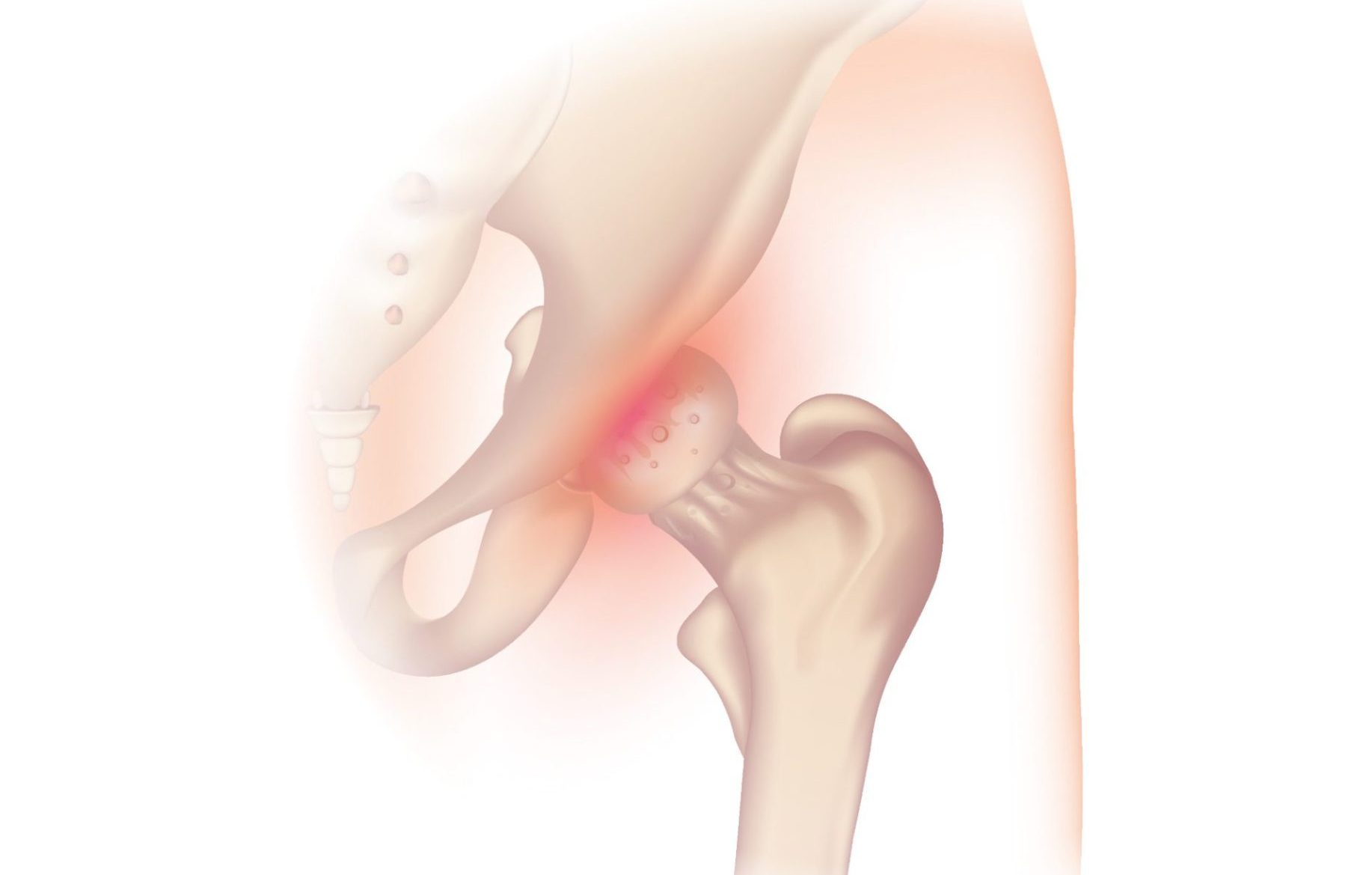Hip arthritis is a degenerative condition characterized by the breakdown of cartilage in the hip joint. It commonly affects older adults but can also occur in younger individuals due to various factors such as previous injuries, genetic predisposition, or certain medical conditions. Hip arthritis can cause pain, stiffness, and reduced mobility, which can significantly impact a person’s quality of life.
Managing hip arthritis involves a multimodal approach, and physiotherapy plays a crucial role in its treatment and rehabilitation.
Applying the 5 stages of rehab can help individuals with hip arthritis achieve the best possible outcomes and maintain functional independence.
Pain and symptom management: The initial stage of rehab focuses on relieving pain and reducing inflammation in the hip joint. Physiotherapists may utilize various techniques such as heat or cold therapy, muscle activation and range of motion exercises, joint mobilization, and muscle release to alleviate pain. Your physio may also provide guidance on pain-relieving strategies, including activity modifications and the use of assistive devices, such as canes or walkers, if necessary.
Range of motion: Once pain is managed, the focus shifts to improving and maintaining the range of motion in the hip joint. Physiotherapy exercises including resistance training,plus stretching, muscle release and mobilization techniques, are prescribed to increase flexibility and restore normal joint mobility. Range of motion exercises may include hip flexion, extension, abduction, adduction, and rotation, customized to the individual’s specific needs and capabilities.
Motor control: Stage 3 of rehab targets enhancing neuromuscular control and stability around the hip joint. Specific exercises are designed to strengthen the muscles surrounding the hip, including the hip abductors, adductors, glutes, and core muscles. Strengthening these muscles helps support the hip joint, improve stability, and compensate for the degenerated cartilage.
Strengthening: In stage 4, the emphasis is on strengthening the muscles around the hip joint to enhance joint stability, reduce pain, and improve function. Physiotherapy exercises may involve resistance training using weights, resistance bands, or exercise machines to target the hip and core muscles. Strengthening exercises are progressively tailored to the individual’s capabilities, focusing on improving muscle strength, endurance, and overall hip joint support.
Maintenance: The final stage of rehab focuses on maintaining the gains achieved in the previous stages and managing long-term hip arthritis symptoms. Individuals are encouraged to continue with a personalized exercise program that includes a combination of range of motion exercises, strengthening exercises, and low-impact cardiovascular activities. Balance exercises may also be included in the maintenance phase to enhance lower limb motor control and reduce the risk of falls. In the long term, regular physical activity, weight management, and strategies that protect the hip joint are essential for maintaining joint health and managing arthritis symptoms.
In addition to the 5 stages of rehab we are proud to offer the GLA:D program (a 6 week education and exercise program for knee and hip osteoarthritis) as a first line treatment for osteoarthritis.
It’s important to note that the management of hip arthritis is individualized, and treatment approaches may vary depending on the severity of the condition, the individual’s goals, and other factors. Some individuals may require additional interventions such as medications, injections, or surgical options to manage hip arthritis effectively. Range physiotherapists work closely with other healthcare professionals to provide comprehensive care and optimize outcomes for individuals with hip arthritis.
For more information regarding hip arthritis please visit:
https://www.physio-pedia.com/Hip_Osteoarthritis
https://www.betterhealth.vic.gov.au/health/conditionsandtreatments/hip-disorders


